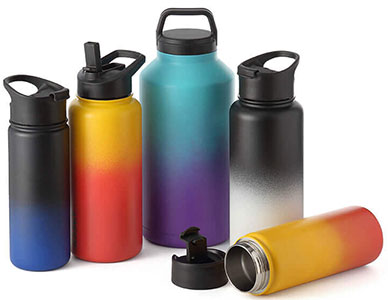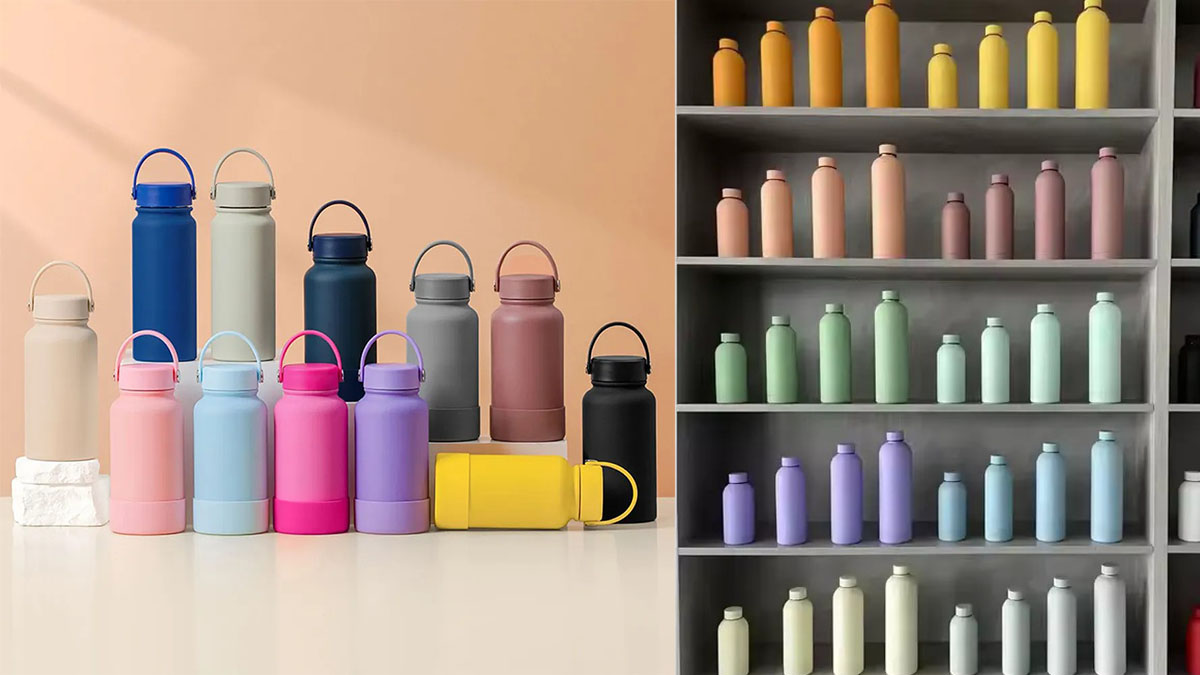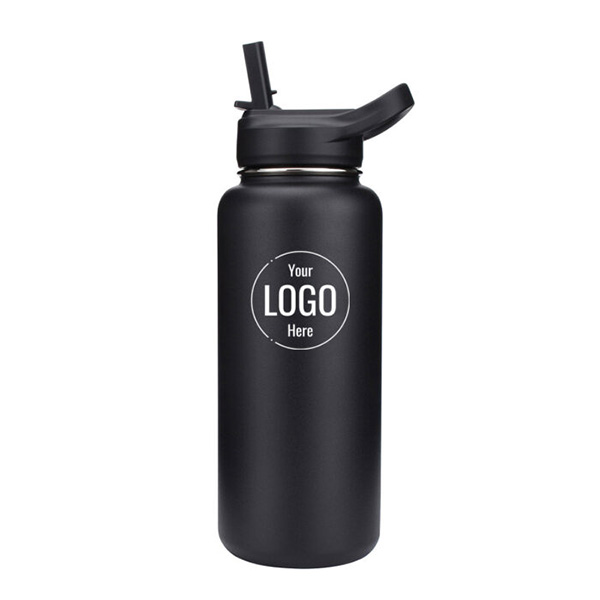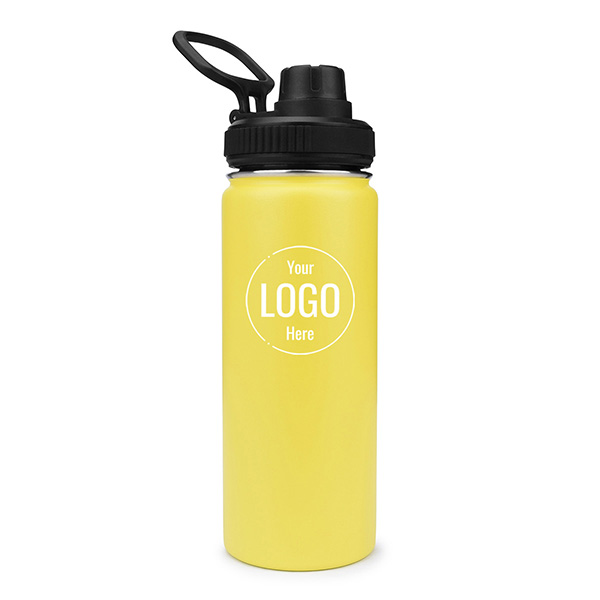Hydration is super important for overall well-being, especially for kids whose bodies are more sensitive to not drinking enough water. When kids are dehydrated, which means their body don’t have enough water, it can cause a bunch of health problems like constipation, headaches, and even serious stuff like heatstroke. Since children are growing and developing all the time, they need to drink enough water to stay healthy. In this guide, we’ll go deep into why hydration matters and what happens when children don’t get enough water. We’ll also give you tips on how much water children should drink every day based on their age, weight and how active they are. Plus, we’ll share some practical ways to help them drink enough water.
1. How important is drink enough water to children’s health?
Drinking enough water isn’t just about quenching your thirst; it’s about fostering a healthier and happier childhood. Water is not just a beverage, but a vital resource that plays a crucial role in the growth, development, and overall well-being of children. So, let’s dig deeper into why hydration is so important for kids in this part!
Enhanced Physical Performance
Water is super important for keeping our bodies in top shape, especially for young and energetic folks. It’s like the ultimate fuel that powers our muscles and joints, helping them perform at their absolute best. Staying well-hydrated is key to making sure nutrients get where they need to go, regulating body temperature, and avoiding pesky muscle cramps and fatigue. And let me tell you, hydration is even more crucial for kids because their bodies are still growing and developing. Making sure they drink enough water throughout the day can seriously boost their physical performance overall. That’s why it’s absolutely essential for children to have access to water during school sports days, casual play sessions in the park, or even regular classroom activities. Oh! And don’t forget about other hydrating drinks like milk, juice or sports drinks when they’re doing intense physical stuff – those can help replenish electrolytes and nutrients lost through sweat so kids stay hydrated and full of energy.
Cognitive Benefits
A well-hydrated brain is a well-functioning brain. This is not just a statement, but a fact supported by numerous scientific studies. Water plays a crucial role in maintaining the optimal functioning of our brain. It is the primary component of our cells, making up about 60% of our body weight. Studies have shown that children who drink enough water on a regular basis exhibit improved attention, memory and are better able to handle complex problem-solving tasks. This is because water helps maintain the integrity of brain cells and their synaptic connections, ensuring proper communication between them. It also contributes to the production of hormones and neurotransmitters, which are essential for cognitive functions.
In a word, hydration has a direct impact on a child’s mood and energy levels. Adequate water intake can prevent irritability and lethargy, keeping your child more alert, cheerful and energetic throughout the day.
Boosting Mood and Energy
Maintaining proper hydration directly affects their emotions and energy levels. Drink enough water every day can really help reduce crankiness and tiredness, keeping your child more alert, lively and full of energy throughout the day. When your children don’t drink enough water, it can make it harder to think clearly and pay attention. And when that happens, your child’s mood can take a hit too – they might get easily annoyed or grumpy. Plus, not drinking enough water means less pee production which leads to toxins building up in the body and making mood swings and tiredness even worse.
2. How much water should children drink?
Figuring out how much water your kid needs depends on a few things, like their age, weight, the weather where they live and how active they are. Here’s a more detailed breakdown:
- Toddlers (1-3 years): Need around 1.3 liters of fluids per day, but since they’re always on the go and might not always realize when they’re thirsty, it’s super important to remind them to drink water regularly.
- Children (4-8 years): Children aged 4 to 8 should aim to drink about 1.7 liters of fluids every day. At this age, kids can start taking charge of their own hydration with a little guidance.
- Pre-teens and teenagers (9-18 years): The need increases with age; girls should aim for about 2.1 liters, and boys approximately 2.5 liters of fluids a day, given their rapid growth and increased physical activity.
These recommendations are starting points. Active children or those living in hot climates should drink more water to offset increased sweating and to stay properly hydrated.
3. What are practical tips to encourage children to drink enough water?
Now let’s cut to the chase, how can we make sure kids are drinking enough water:
Making Water Accessible
Accessibility is key to ensuring children stay hydrated. Keep water bottles handy in places your child frequents, like their study area, beside their bed, and in the car. Allow children to personalize their water bottles with stickers or paint, making the bottle something they’re excited to use.
Lead by Example
Children mimic the habits of adults around them. Make a conscious effort to drink water regularly in their presence, demonstrating that hydration is a priority for everyone, regardless of age.
Flavor the Water Naturally
Some children may resist drinking water because they find it bland. Enhance its appeal by infusing water with natural flavors from fruits like strawberries, cucumbers, or oranges. This not only makes water more enticing but also introduces a fun way to experiment with tastes.
Establish Routine Water Breaks
Create a daily schedule that includes drinking water at specific times, such as after waking up, before and after playtime, and with each meal. Routine builds habit, and over time, these scheduled water breaks will become a natural part of your child’s day.
Educate on the benefits
Use age-appropriate explanations to discuss why drinking water is important. Teach them about how water helps in cooling the body down after activities, aids in digestion, and keeps their skin healthy. Understanding the “why” can significantly motivate children to choose water over sugary drinks.
Monitor hydration levels
Learn to recognize the signs of dehydration in your child, which can include dry mouth, tiredness, less frequent urination, and dark yellow urine. Regularly checking these signs can help you intervene early and prevent dehydration.
Leverage technology for reminders
Incorporate the use of hydration apps or smart water bottles that remind kids to drink water at regular intervals. Many of these tools are designed with children in mind, featuring gamified elements to make hydration fun.
Incorporate water-rich foods
A significant amount of daily water intake can also come from fruits and vegetables. Encourage your child to eat watermelon, cucumbers, strawberries, and oranges, which are all high in water content.
Celebrate achievements
Acknowledge and reward your child for meeting their daily water intake goals. This positive reinforcement can reinforce good habits and make them feel proud of their achievements.
Hydrate according to activity levels
Children involved in sports or outdoor activities need to replace the fluids they lose through sweat. Encourage them to take water breaks every 15-20 minutes during active play or exercise, especially in hot weather.
4. How to select a perfect water bottle for your child?
A good water bottle can be a child’s best companion in their hydration journey. Here are additional factors to consider when choosing the right one:
- Material safety: The safety of the material is paramount. Look for water bottles made from stainless steel, ideal for keeping drinks cold or hot for extended periods. Stainless steel water bottles are robust, rust-resistant and generally free from chemicals found in some plastics.
- Ease of use: A water bottle should be easy for your child to open, close, and drink from without adult help. Younger children might find bottles with straws or spouts easier to drink from compared to screw-top lids. Water bottles with flip-tops or push-buttons are convenient for all ages, allowing easy access to water without the risk of losing a cap.
- Size and capacity: Consider the bottle’s size and how much it can hold. Choose a drink bottle size that holds enough water for your child’s needs but is not too heavy when full. A water bottle capacity of 12 to 20 ounces (about 350 to 590 milliliters) is manageable for most school-aged children.
- Portability: The bottle should fit comfortably in your child’s backpack, lunchbox, or the side pocket of a bag. It should also be easy for your child to carry.
- Leak-proof design: To avoid spills in backpacks or on schoolwork, ensure the water bottle is leak-proof. Test the drink bottle by filling it with water, closing it tightly, and then tilting or shaking it to check for leaks.
- Durability: Kids can be tough on their belongings. Choose a drink bottle that can withstand drops, knocks, and the general wear and tear of daily use. Stainless steel tends to offer the best durability.
- Insulation: If you want the water to stay cold (or warm) throughout the day, consider an insulated bottle. These reusable water bottles are typically made of stainless steel and can maintain the temperature of liquids for several hours.
- Ease of cleaning: To prevent the growth of mold and bacteria, select a water bottle that is easy to clean. Look for stainless steel water bottles that can be fully disassembled, including the cap and straw, if applicable. Bottles that are dishwasher-safe save time and ensure a thorough clean.
- Design and personalization: Children are more likely to use a water bottle that they find visually appealing or can personalize. Choose a drink bottle in your child’s favorite color or with designs that match their interests, such as animals, space, sports, or cartoon characters. Some bottles like our BulkFlasks can be customized with stickers, names, or charms, making them uniquely appealing to your child and reducing the chances of mix-ups at school.
5. Conclusion
Instilling good hydration habits in children is an investment in their health and well-being. By making water consumption a fun, educational, and prioritized part of their daily routine, parents can help ensure their children develop healthy habits that last a lifetime. Remember, the goal is not just to encourage them to drink enough water today but to foster a lifelong appreciation for the importance of staying hydrated. Let’s raise a reusable bottle(of water) to our children’s health! If you want more information, please contact us!



